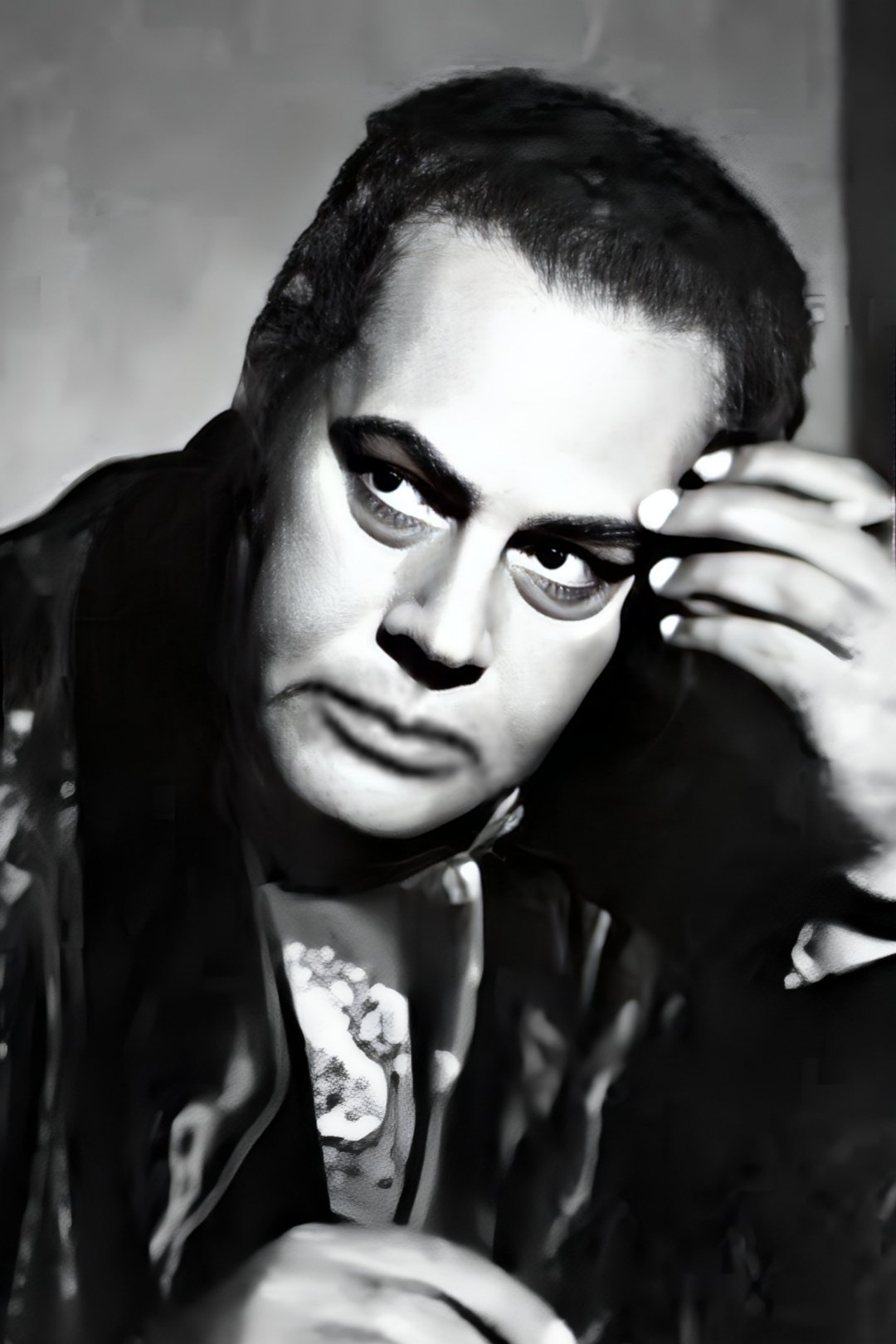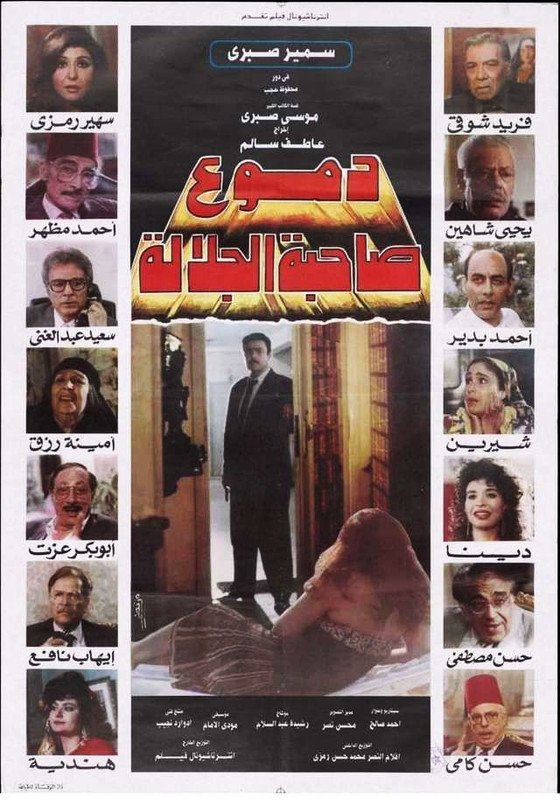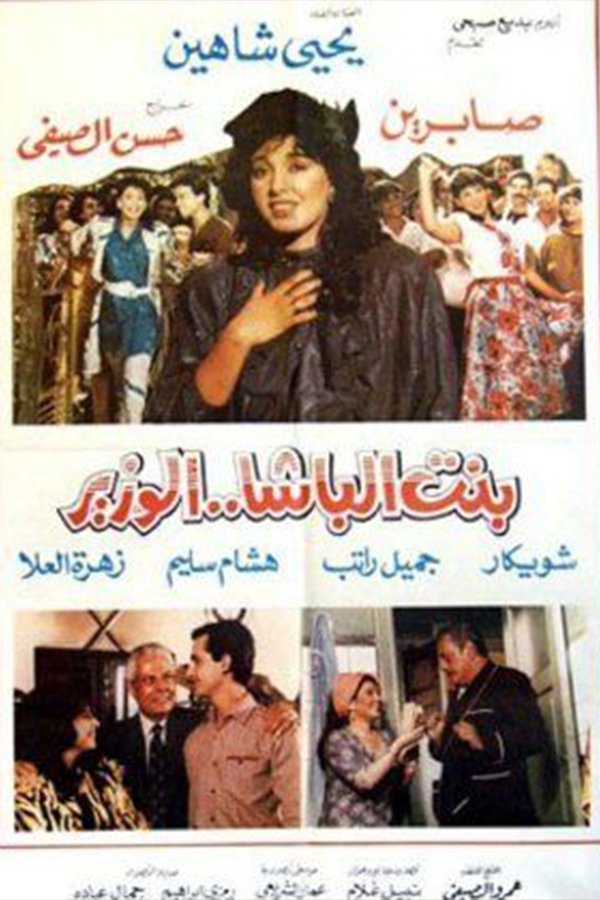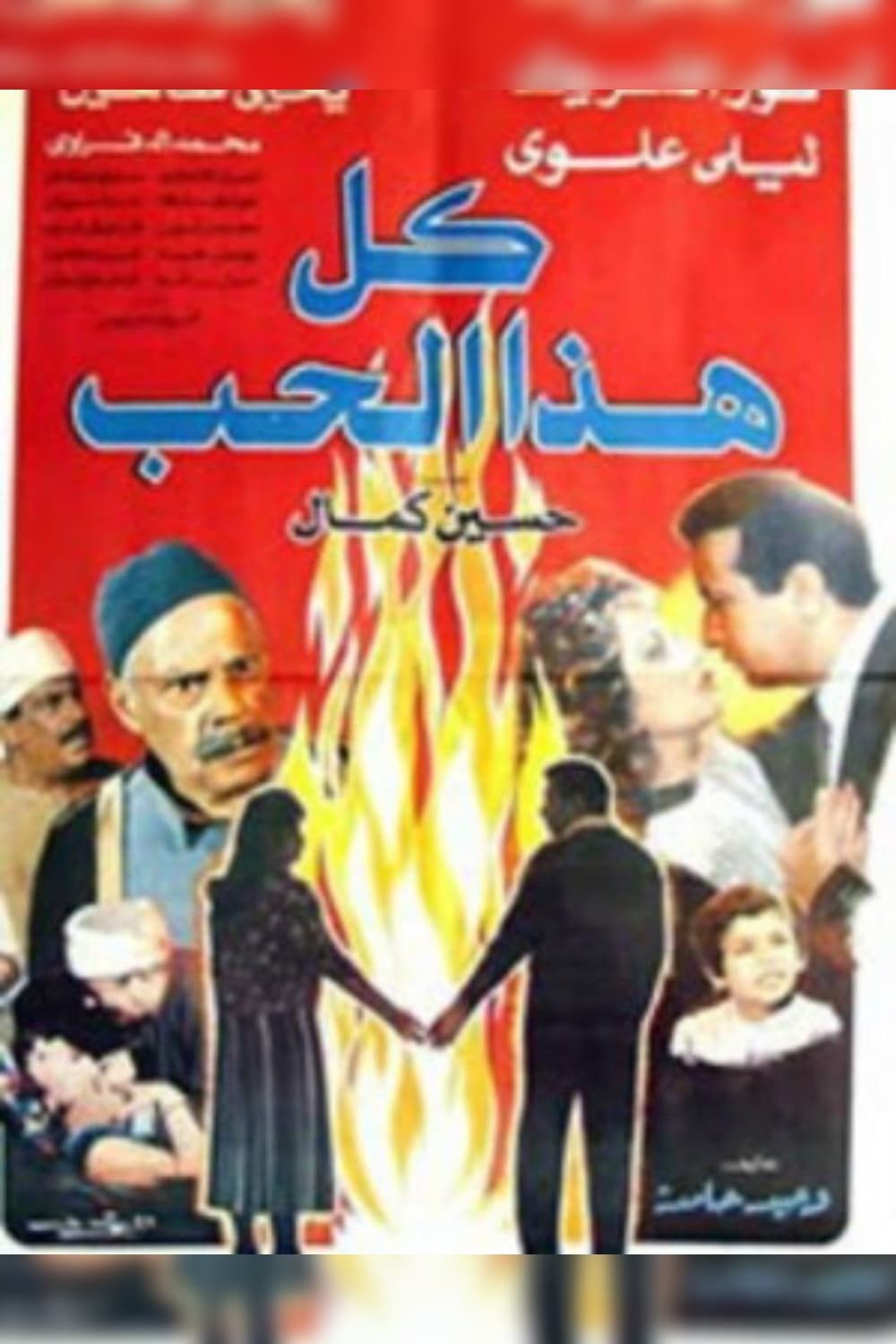


The government nationalizes Ibrahim's property and places him under house arrest, and Umm Al-Saad takes care of him. Ibrahim feels affection for Umm Al-Saad, so he gets involved with her and she becomes pregnant and he marries her. She gives birth to their daughter, Jalila, and Ibrahim dies. Years pass and Jalila graduates from the music institute. She seeks refuge with her uncle, but he expels her and denies her lineage. She resorts to the judiciary, and the uncle offers her to marry his son, Amr, who is sick with a malignant disease.

Nassif al-Leithi is a very loyal merchant for business colleague Hussein Zahran. Hussein Zahran was surprised by the betrayal of his wife and killed her. Nassif al-Leithi promises that his son Hussein will take care of his son Kamal while he is in prison. He dies in prison. Kamal grows up and works in the company of his father's friend Nasif. One of his sons, but the good treatment changed abruptly when Nasif noticed that his young daughter Wafa was fully impressed, refusing to share their marriage
Yehia Chahine was born in Imbaba, Giza. His father's name was Yehia Chahine too. He received a diploma in performing arts and started acting in theatre. His first performance was in the play Murtafat w Darag (Heights and Stairs). In 1935, he acted in his first film. He acted in numerous films, but his most notable role is that of Al-Sayyid Ahmad Abd al-Jawad, a Cairene patriarch, in the Cairo Trilogy films. The three films, Bayn al-Qasrayn (Palace Walk, which is based on the Palace Walk novel) in 1964, Qasr al-Shawq (Palace of Desire) in 1967, and Al-Sukkariya (Sugar Street) in 1973, were set in Cairo and followed the family of Abd al-Jawwad across three generations, from World War I to the overthrow of King Farouk in 1952. They were well received and successful in Egypt and the Arab world. Additionally, he has acted in many other successful films. He starred in film director Youssef Chahine's Ibn al-Nile (Son of the Nile) along with Faten Hamama in 1951. He played a leading role in the 1954 film Gaalouni Mujriman (I Have Been Made a Murderer), which was based on a novel by Naguib Mahfouz. In 1957, he starred in La Anam (Sleepless), a film that was chosen as one of the best 150 Egyptian film productions. His last film role was in 1988, in the film Kul Hatha al-Hub (All This Love). Chahine received several awards for his film roles. In 1993, he received the Sciences and Arts prize. He died at the age of 76, on 18 March 1994
By browsing this website, you accept our cookies policy.